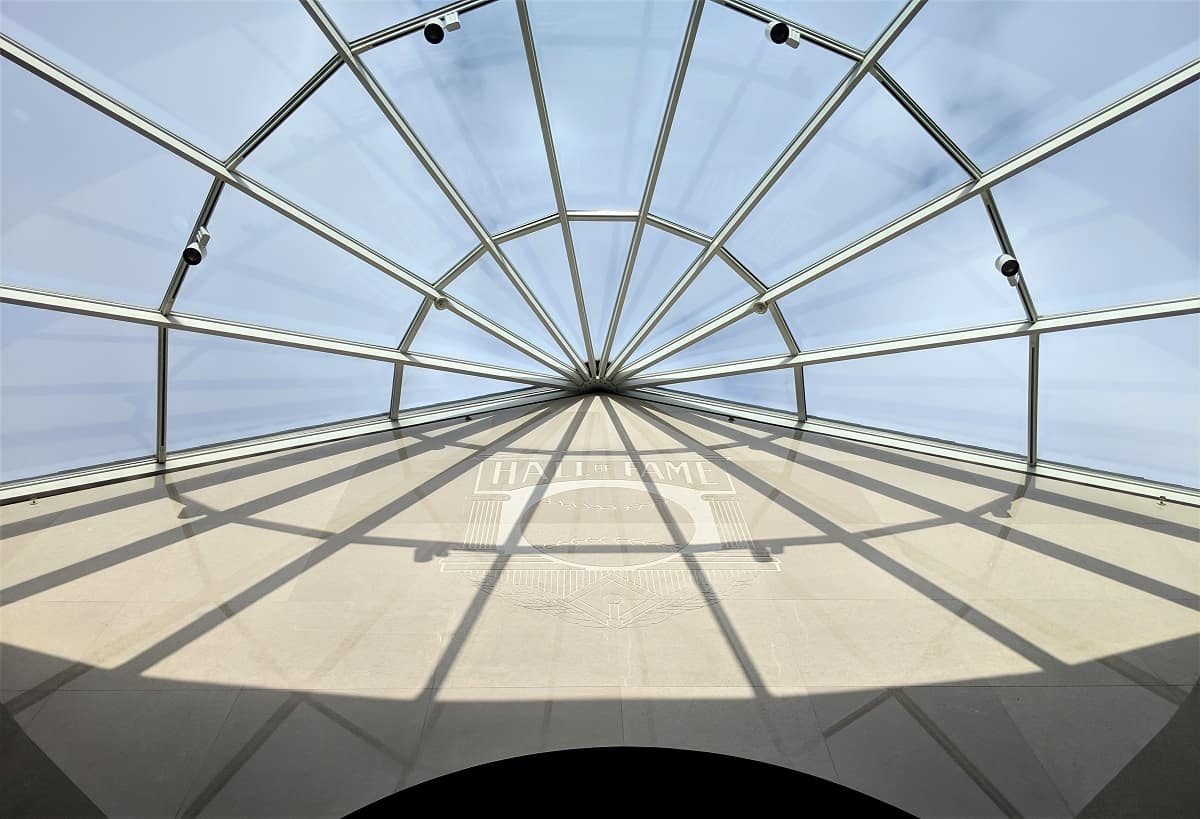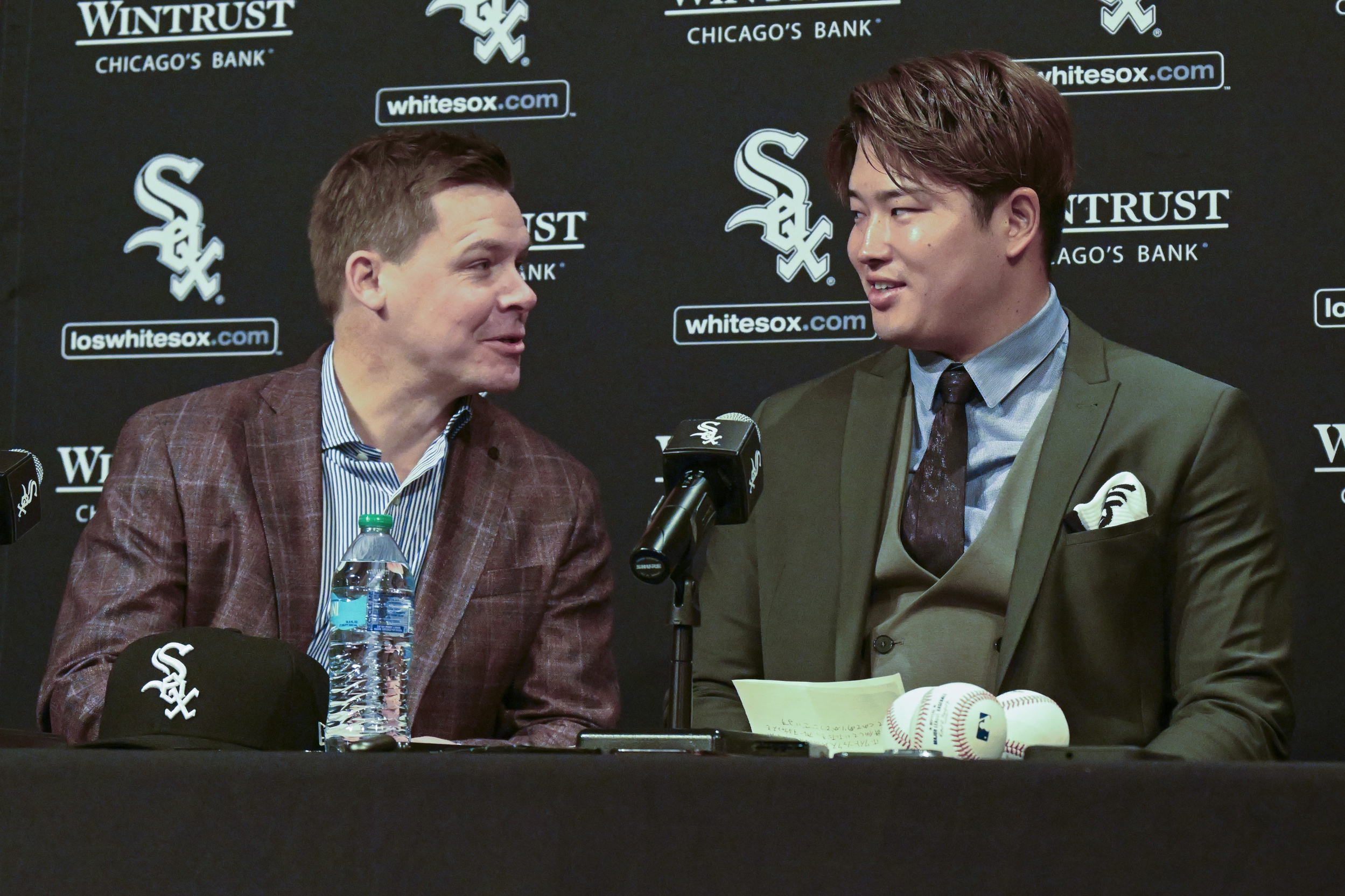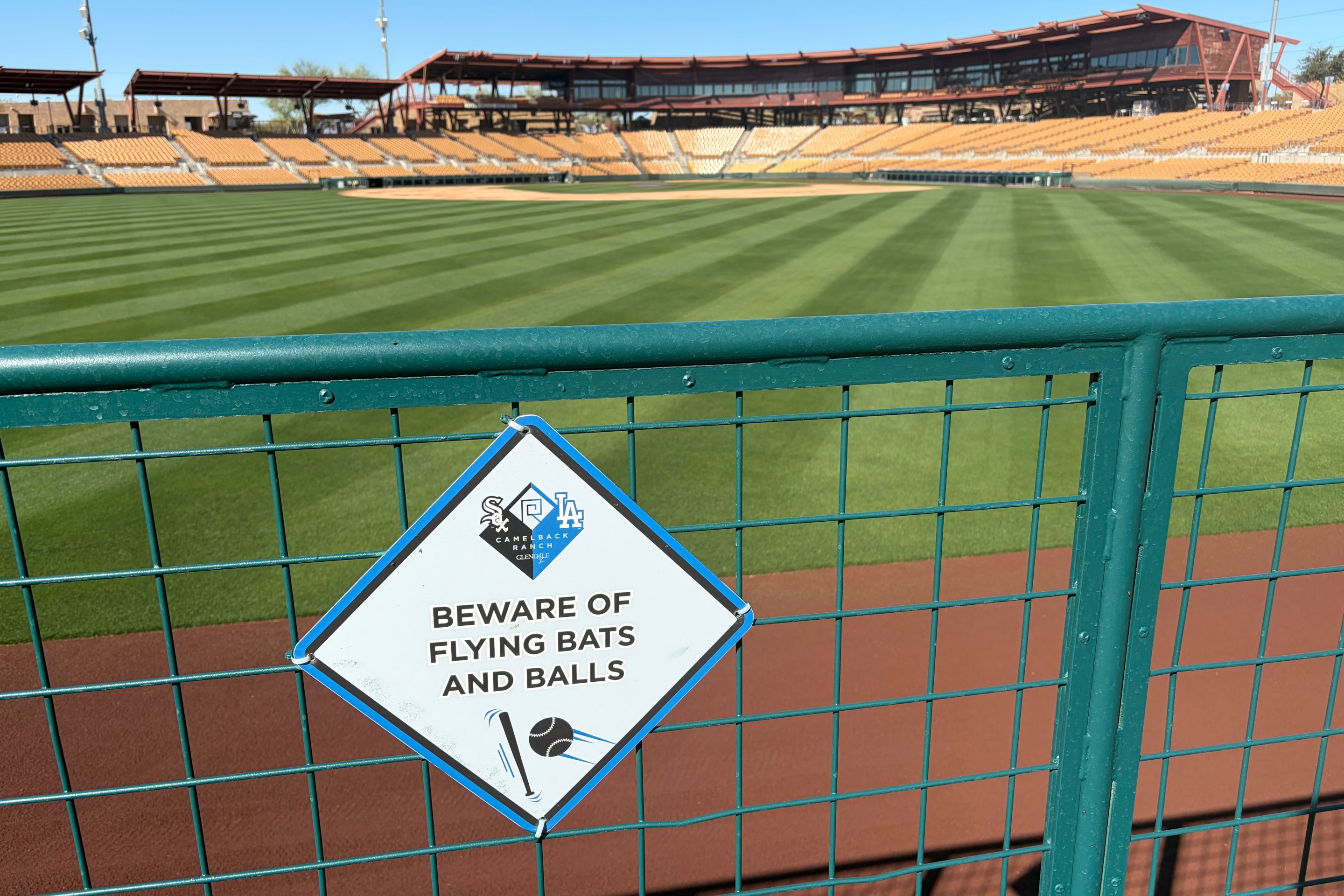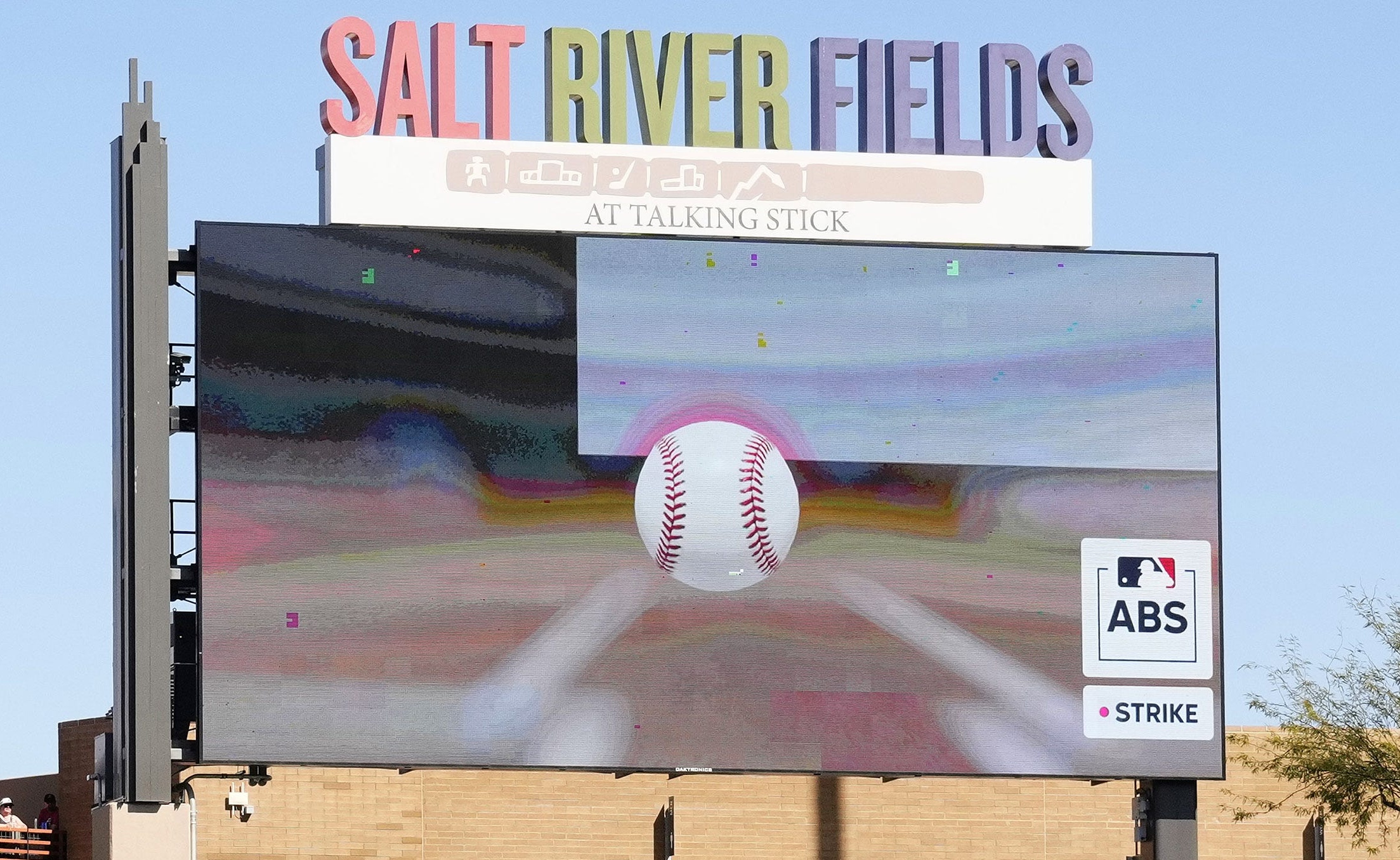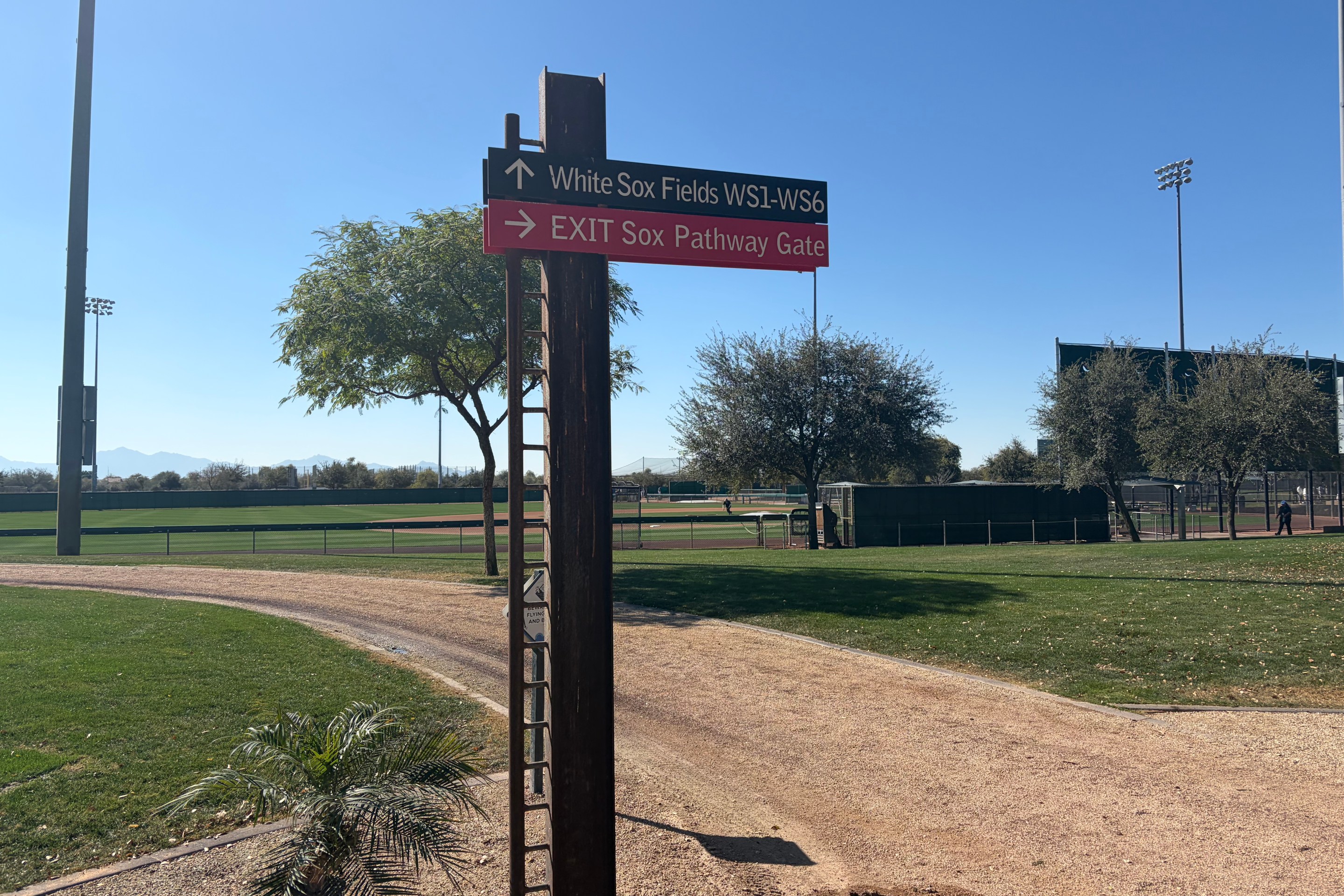It took five years, but Mark Buehrle's Hall of Fame case has made some detectable progress.
Sure, it's not the kind of progress that lays track to Cooperstown, but given that he hadn't been able to beat the 11 percent showing that he received in his first season on the ballot, at least his support is breaking new ground at the halfway point of his 10-year eligibility period.
Buehrle received 11.4 percent of the vote from the BBWAA electorate, thankyouverymuch, in an election that added Ichiro Suzuki, CC Sabathia and Billy Wagner into the Hall of Fame's Class of 2025 alongside Dick Allen and Dave Parker. That's not good enough to beat his previous high-water mark if rounding to the nearest integer, but there's enough progress to make the 2026 results something to watch, because this ballot signaled greater momentum for starting pitchers as a group.
| Pitcher | 2024 | 2025 |
|---|---|---|
| CC Sabathia | n/a | 86.8 |
| Andy Pettitte | 13.5 | 27.9 |
| Félix Hernández | n/a | 20.6 |
| Mark Buehrle | 8.3 | 11.4 |
Buehrle might be the laggard on this chart, but that's partially because he was squeezed off ballots that already had checked off the maximum number of 10 boxes. With three players coming off the board and no such likely HOFers taking their place in next year's crop (Cole Hamels, Ryan Braun and Alex Gordon are the biggest names), voters with the Big Hall tendencies likelier to consider Buehrle will get every chance to do so. If his vote share still starts with a "1" despite the increased sunlight and oxygen, it's probably just about done growing.
Regarding the Hall of Fame's newest members, Suzuki and Sabathia are shoo-ins, and their Hall of Fame speeches will be required viewing for different reasons.
And then there's Wagner.
There's no doubt that he's among the best in history performing the very specific task of one-inning closer, and whenever you see the emotions pouring out of somebody getting the Hall call, it's hard to root against any individual.
The question to me is less about Wagner the player, and more about whether the one-inning closer has Hall of Fame value, and as I've said before, it's a premise I reject.
It's not an easy job, certainly, especially since a bad week for a closer is the worst week any baseball player can have. At the same time, acceptable success rates are relatively commonplace. Mariano Rivera and Trevor Hoffman hold claims to being the most decorated closers in baseball history, and their teams had no problems finding their replacements (Rafael Soriano and Heath Bell, respectively). Maybe Wagner, Rivera and Hoffman did the job as reliably as anybody could, but the fact remains that in the vast majority of their appearances, they had no ability to swing a game, because they entered them with somewhere between an 80 and 97 percent chance to win the game. It was news when Rivera blew a save, but it's also news when Justin Anderson blows one. In both cases, the statistically improbable outcome occurred, even if the 2024 White Sox made it rather rote.
Wagner threw 903 innings, and over a 16-year career, he barely participated in the sport. That's the troubling precedent. Belittle Harold Baines' Hall of Fame credentials all you will -- and so, so, so, so many have -- but at least he played in 2,830 games and racked up 2,866 hits. Good luck to those who want to try sneaking into the Hall of Fame through that door. Nick Madrigal once thought 3,000 hits was "very reachable," and at his current rate, he'll pass Baines shortly after turning 84.
It's a lot easier to imagine a horde of 100-mph arms reaching Wagner's various benchmarks over the decades to come, and for those who weren't particularly moved by Wagner's case, the discussions aren't going to be any more enjoyable.

Francisco Rodriguez finished with 10.2 percent of the vote this cycle, one spot below Buehrle on the big board. That feels like an appropriate amount of support for a good relief career, but it's also the territory that Wagner occupied in his first three years on the ballot before his support inexplicably surged. The hope is that Sabathia's election is a big part of a starting pitcher recontextualization. If Wagner's election prompts a big one-inning closer recontextualization instead, well, it won't be the first time I too closely tracked an enterprise that prioritized the ninth inning over the eight that actually decided the game.
